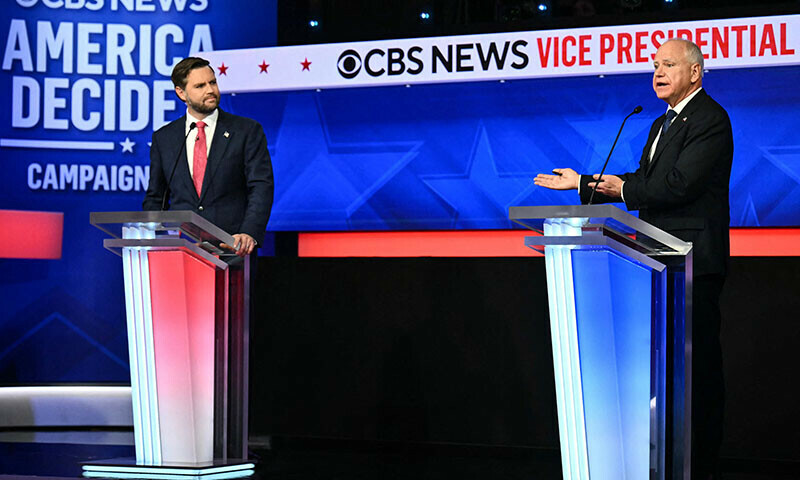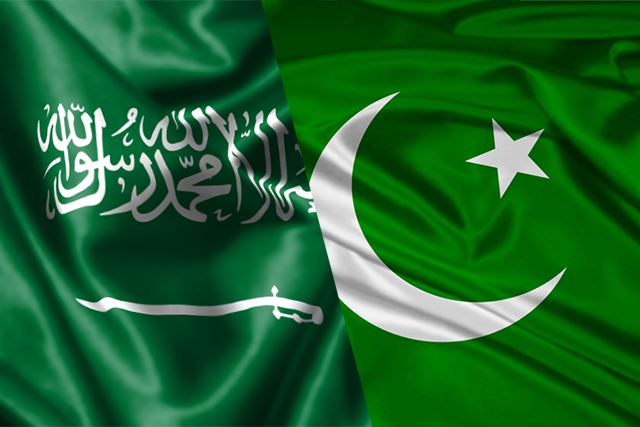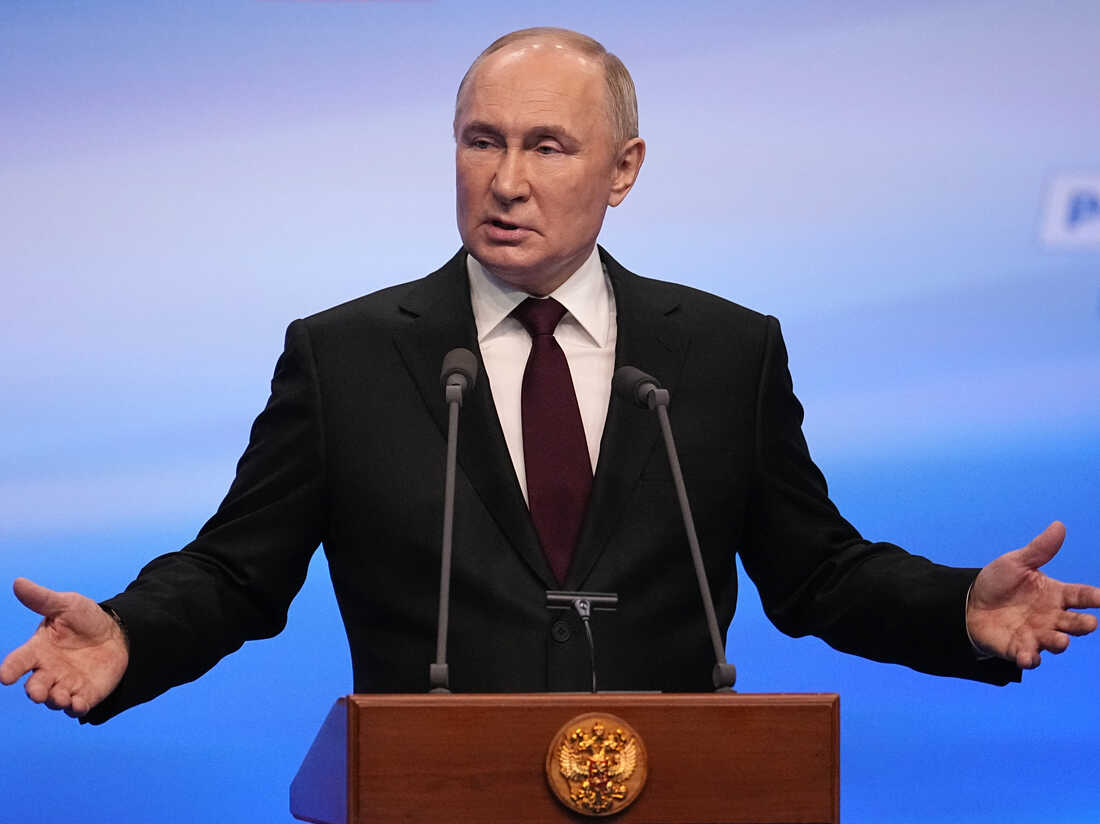Civil Debate Between VP Contenders JD Vance and Tim Walz Highlights Key Issues Ahead of Election
In a noteworthy display of civility, Republican JD Vance and Democrat Tim Walz engaged in a debate on Tuesday, addressing contentious issues such as migration, abortion, and international conflict. This exchange, broadcast on CBS, stood in stark contrast to the heated exchanges seen in previous debates, particularly between presidential candidates Donald Trump and Kamala Harris.
Despite their differing political ideologies, Vance and Walz maintained a respectful tone throughout, steering clear of personal attacks. Walz utilized the platform to criticize Trump’s leadership, labeling him a threat to democracy and unfit for global leadership. Vance, on the other hand, targeted Harris’s economic record and the Biden administration’s handling of illegal migration.
A pivotal moment occurred toward the end of the debate when Vance hesitated to affirm or deny Trump’s unfounded claims of winning the 2020 election. Walz seized this opportunity, condemning Vance’s “damning non-answer” and pointing to Trump’s role in the January 6 Capitol riots as indicative of his unsuitability for leadership.
Tensions flared when Vance’s microphone was temporarily muted during a fact-checking moment regarding his comments on migration. Walz criticized the misinformation propagated by Vance and Trump, arguing that it dehumanizes vulnerable populations.
Abortion rights emerged as another contentious topic. Vance accused Democrats of endorsing what he termed a “radical pro-abortion stance,” claiming that their policies were “barbaric.” Walz countered by affirming his commitment to women’s rights, positioning himself as “pro-women” in the ongoing debate sparked by the Supreme Court’s 2022 decision to overturn national abortion protections.
The debate, likely the final face-off before the pivotal November 5 vote, showcased a surprisingly cordial atmosphere despite the deep ideological divide. Both candidates, hailing from the Midwest, repeatedly acknowledged areas of agreement, shaking hands at the beginning and conclusion of the debate.
Walz, 60, initially appeared nervous but gained confidence as the debate progressed, while the 40-year-old Vance presented a polished performance. Their exchanges primarily focused on each other’s running mates, with Trump’s foreign policy record coming under scrutiny.
Walz criticized Trump for his perceived alignment with Russian President Vladimir Putin and for withdrawing the U.S. from the Iran nuclear deal, labeling his actions as a “turn towards chaos.” Vance defended Trump, asserting that he provided stability on the world stage.
Walz faced difficult questions, particularly regarding a misstatement about his presence during the 1989 Tiananmen Square protests in Hong Kong, which he later acknowledged.
Following the debate, Trump expressed approval for Vance’s performance on his TruthSocial platform, declaring, “GREAT JOB JD — We will MAKE AMERICA GREAT AGAIN!”
While historical data suggests that vice-presidential debates typically do not significantly impact electoral outcomes, this debate holds added importance amid uncertainty surrounding Biden’s campaign. Both candidates embody the voices of critical swing states, aiming to connect with voters on a personal level.
Both Vance and Walz have military backgrounds and solid blue-collar ties. Vance is known for his memoir “Hillbilly Elegy,” while Walz has a history as a teacher and football coach. The contrasting styles of Vance and Walz were evident, with Vance’s controversial remarks often attracting scrutiny, while Walz has gained traction among Democrats for labeling Vance and Trump as “weird.”
As the election approaches, the implications of this debate will be closely monitored by analysts and voters alike.



